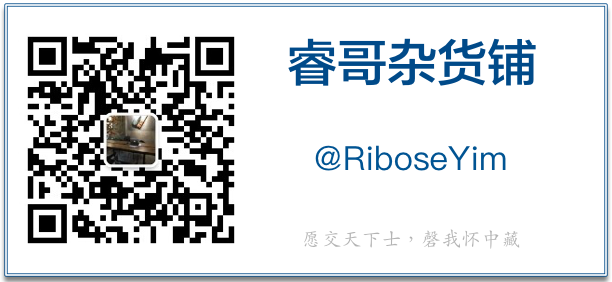黑客伦理(hacker ethic)是黑客文化中普遍存在的道德价值观和哲学观。起源于上世纪50~60年年代的麻省理工学院(MIT),一个比较流行的版本是由记者 Steven Levy在 1984 年出版的《黑客:计算机革命的英雄》(Hackers: Heroes of the Computer Revolution)一书种提出。
(1)使用计算机以及所有有助于了解这个世界本质的事物都不应该收到任何限制。任何事情都应该亲手尝试。( Access to computers — and anything that might teach you something about the way to the world works — should be unlimited and total. Always yield to the Hands-On Imperative! )
(2)所有信息应该都是自由的。(All information should be free.)
(3)不信任权威,提倡去中心化。(Mistrust Authority — Promote Decentralization.)
(4)判断一名黑客的水平应该看他的技术能力,而不是他的学历、年龄或地位等其他标准。(Hackers should be judged by their hacking, not bogus criteria such as degrees, age, race, or position. )
(5)你可以用计算机创造美和艺术。(You can create art and beauty on a computer.)
(6)计算机使生活更美好。(Computers can change your life for the better.)
“黑客伦理”的一个必然推论就是,黑客不服从管教,具有叛逆精神。黑客通常对管理者强加的,限制他们行为的愚蠢规定不屑一顾,会找出规避的方法。
Paul Graham:The people who break rules that are the source of America's wealth and power. 只有那些不服从管教的人们,才是美国财富与力量的源泉。
扩展阅读
更多精彩内容扫码关注公众号:RiboseYim's Blog


